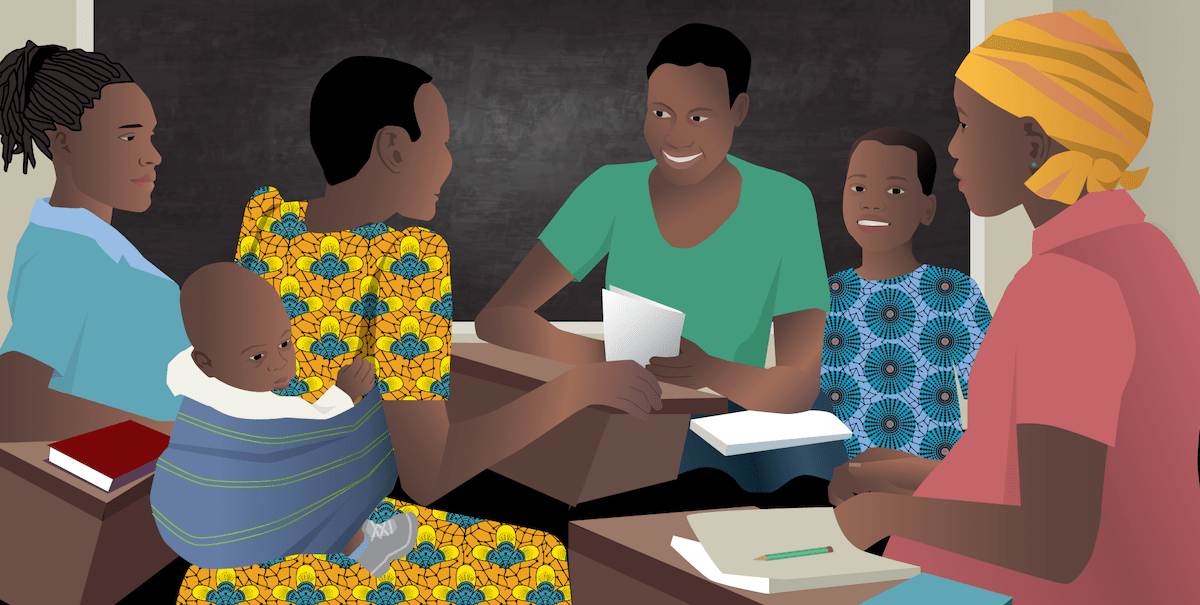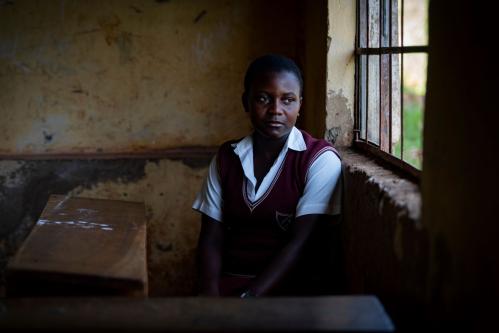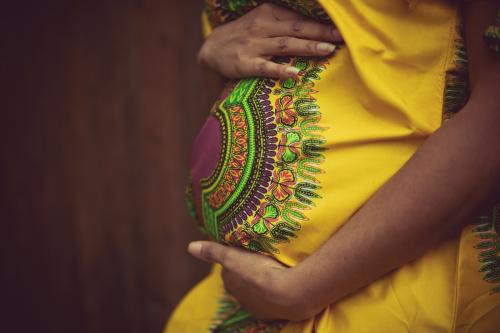School re-entry for pregnant girls and young mothers is increasingly recognized by African governments as a critical measure to improve the education of marginalized adolescents and mitigate school pushout. In Uganda, the high rate of teenage pregnancy, exacerbated by the COVID-19 pandemic, prompted the government to approve Revised Guidelines for the Prevention and Management of Teenage Pregnancy in School Settings in Uganda (Ministry of Education and Sports [MoES] 2020b), which outline necessary steps and measures within school environments to facilitate the safe return of girls to school post-pregnancy. However, a significant gap in implementation persists.
This policy brief addresses the disparity between policy and actual practice regarding the re-entry of pregnant girls and young mothers into schools, particularly in the refugee and host communities of Uganda’s West Nile region. It underscores the community practices that deny opportunities to this demographic and delineates the intersectional barriers, social, economic, and policy-based that obstruct their educational continuation. Furthermore, the brief offers policy recommendations to overcome these obstacles. Overall, the brief emphasizes a call to action for stakeholders to prioritize the educational needs of marginalized populations, specifically pregnant teenagers and young mothers in refugee and host communities, to ensure that they can lead dignified lives.







